When to Go to an Emergency Dentist – Signs + What to Do Next
Dental emergencies can strike at even the most inconvenient of times, and knowing when to seek help from an emergency dentist is crucial.
From severe tooth pain to swollen gums and loose teeth, the signs of a dental emergency can be alarming. But with the right information and quick action, you can prevent further damage and get the dental care you need.
Discover all the signs of a dental emergency, what to do before you visit an emergency dentist, and how to get the proper treatment you need for your dental issue.
Signs You Need to See an Emergency Dentist
- Severe tooth pain
- Broken or chipped tooth
- Knocked out tooth
- Abscessed tooth
- Loose tooth
- Object stuck in teeth
- Lost filling or crown
- Bleeding from the mouth
- Swelling of the face or gums
- Infection in the mouth
What to Do Before Seeing an Emergency Dentist
When facing a dental emergency, it’s important to think fast. In saying that, there are some steps to take before you see an emergency dentist to reduce any amount of pain and prevent infection.
Let’s discuss what you can do to manage pain, reduce swelling, and protect your dental health while waiting for your appointment. By following these tips, you can ease your discomfort and make sure you’re prepared for your emergency dental visit.
Rinse mouth with warm salt water
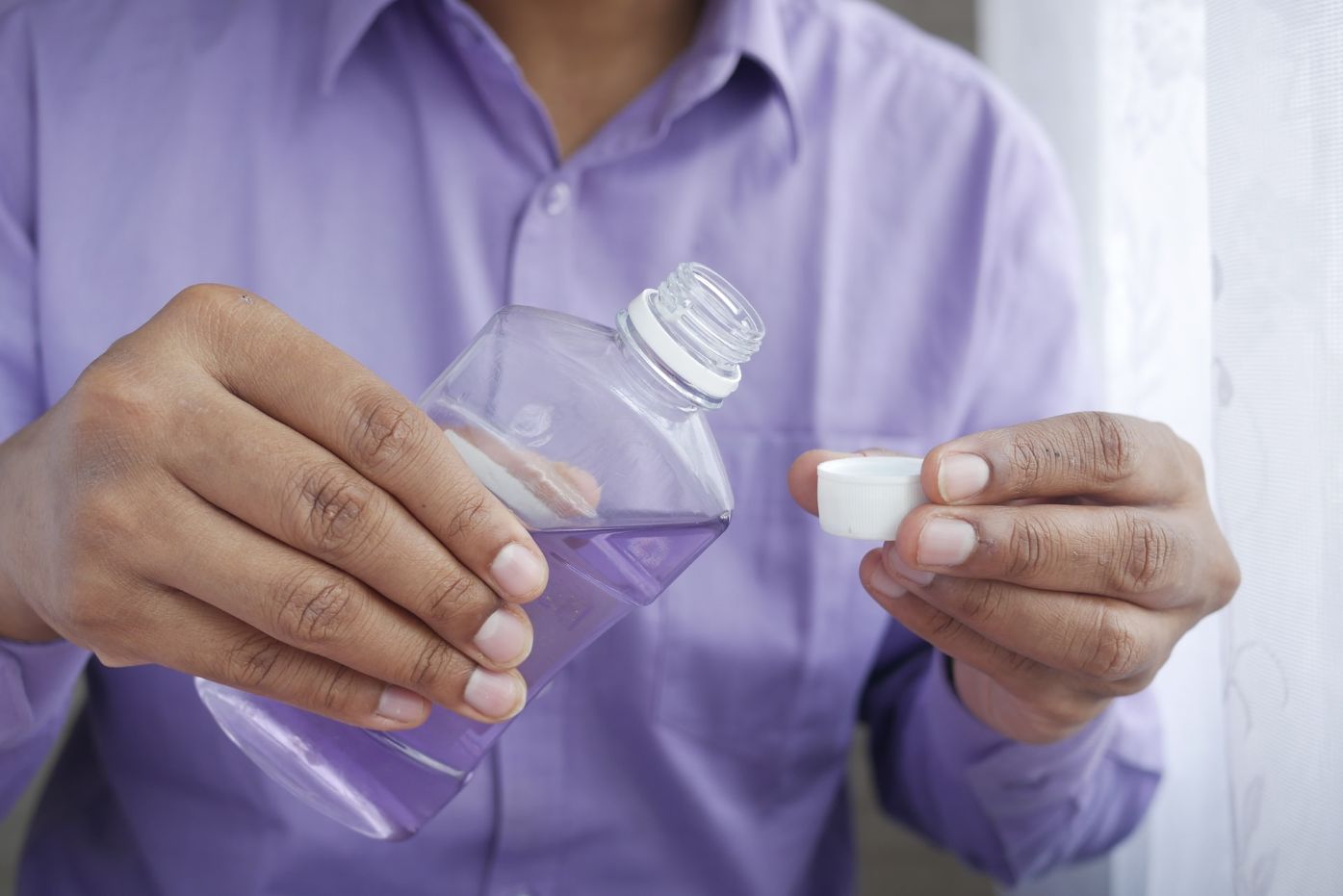
Rinsing your mouth with warm salt water is a simple yet effective way to ease toothache and other teeth-related pain, reduce inflammation, and fight bacteria before you see an emergency dentist.
The salt water can help to soothe your gums and rinse away any food particles or debris that may be causing discomfort. By doing this before your appointment, you can make your dental visit more comfortable and ensure that your emergency dentist has a clear view of the affected area.
Use over-the-counter pain relievers

As a temporary measure, over-the-counter pain relief, such as paracetamol or ibuprofen, can help to manage tooth pain and reduce inflammation before you see a dentist.
These medications can provide pain relief and make your dental visit more comfortable. However, it’s important to follow the recommended dosage and do not rely on pain relief medication as a long-term solution.
Apply ice to reduce swelling
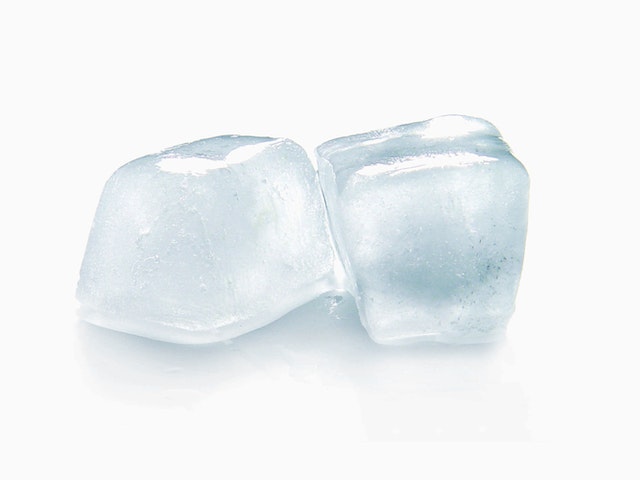
If you’re experiencing swelling around your jaw or mouth, applying an ice pack can help to reduce inflammation and ease discomfort before seeing an emergency dentist.
Ice can help to numb the affected area and reduce blood flow, which can reduce swelling and inflammation. Reducing the swelling before your appointment can make your dental visit more comfortable and improve your emergency dentist’s ability to assess and treat the affected area.
Find and save any broken or knocked-out teeth
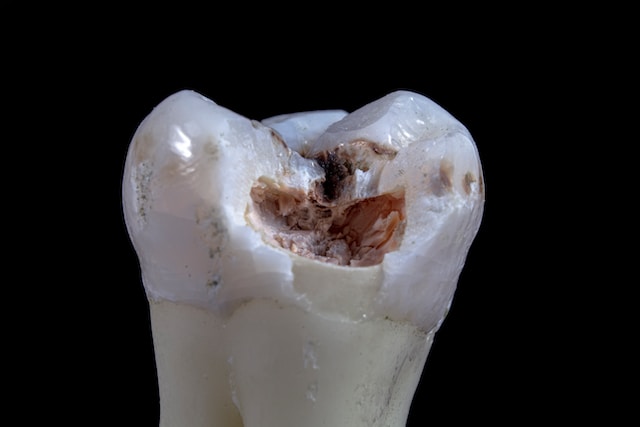
If you have a broken or knocked-out tooth, it’s incredibly important to locate the tooth and keep it moist before you see an emergency dentist.
Keeping the tooth moist, whether by placing it in a glass of milk or between your cheek and gum, can increase the chances of successful reattachment. By finding and saving the tooth before your appointment, you can improve your chances of saving the damaged tooth.
How to Find an Emergency Dentist
When a dental emergency strikes, finding an emergency dentist who can provide prompt and professional care is crucial. In this section, we’ll discuss some helpful tips on how to find emergency dentists who can deal with any complications and situations.
Research online
Researching online is an effective way to find emergency dental care quickly and easily. You can search for local emergency dentists, read reviews from other patients, and compare services and pricing to find the best option for your needs.
Many dental clinics also have websites with information on their emergency services, so you can get a good idea of what to expect before you even make an appointment.
Call dental offices
If you’re unable to find enough information about emergency dental care online, calling dental offices in your area is the next best step.
They may be able to provide you with information about their emergency dental services or refer you to a nearby practice that offers emergency dental care. Additionally, speaking directly to a team representative from the dental clinic can give you a better sense of their availability and the level of care they offer.
Check with local hospitals
Checking with local hospitals can be necessary for people with a more extreme dental problem, especially if their dental emergency involves trauma or injury to the face or head.
Hospitals often have dental clinics or can refer patients to emergency dentists who can provide the necessary treatment for their problems.
What to Expect at an Emergency Dental Visit
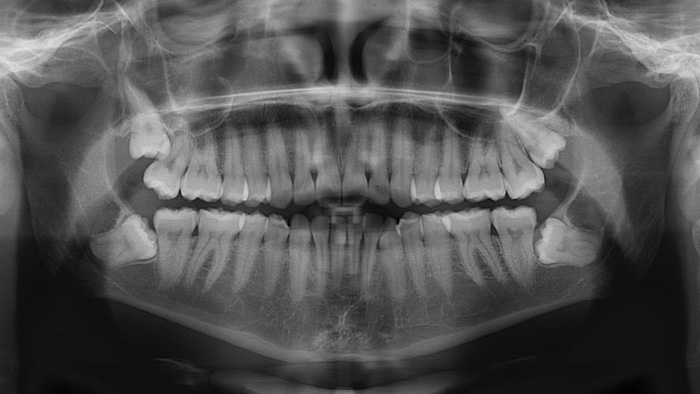
Emergencies can happen at any time, and dental emergencies are unfortunately no exception. Knowing what to expect when you visit an emergency dentist can help you feel less anxious and more prepared.
Let’s discuss what you can expect when you visit an emergency dentist, from the check-in process to the dental exam.
Examination of the mouth
During an emergency dental visit, the dentist will perform a thorough examination of your mouth to determine the extent of the damage or issue. This may involve using dental instruments, an x-ray, or other imaging techniques to identify the problem and develop a treatment plan.
It’s important to communicate any pain or discomfort you’re experiencing so the dentist can properly address your situation.
X-rays (If needed)
The dentist may need to take an x-ray to determine the extent of the damage or to locate the source of the problem. This process involves placing a small device in your mouth and taking a picture of your teeth and jaw.
The dentist will then use the x-ray to create a treatment plan and provide appropriate care for your condition, whether that’s a cracked tooth or emerging wisdom teeth.
Treatment
There are a few possible treatments that may be recommended by your emergency dentist depending on your specific dental issue. It’s important to note that the treatment options will vary depending on the severity of the problem at hand.
- Pain management: Pain management is a crucial part of emergency dental care and patients can expect to receive various options for pain relief, such as local anesthesia or prescription pain medication.
- Antibiotics for infection: In some cases, an emergency dental visit may require the use of antibiotics to treat an infection. During your visit, your dentist may prescribe antibiotics or refer you to a general practitioner for further treatment.
- Tooth repair or replacement: In an emergency dental visit, your dentist may repair or replace a damaged or missing tooth using various techniques, such as dental bonding, crowns, bridges, root canal therapy, or plans for dental implants. The treatment options will depend on the specific needs of the patient and the extent of the damage.
- Tooth extraction: Tooth extraction is the removal of a tooth from its socket in the bone. This may be necessary if there is damage or tooth decay beyond repair, and the procedure typically involves numbing the area with local anesthesia and carefully removing the tooth.
Emergency Dental Care: Next Steps
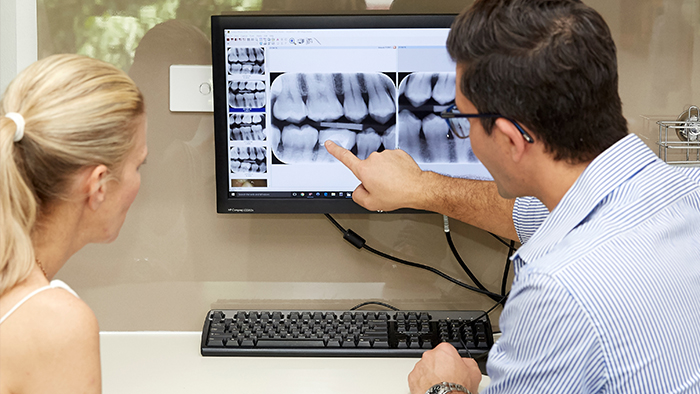
Emergency dental visits can be a stressful and uncomfortable experience, but knowing what to do and what to expect can help ease your anxiety.
If you experience severe tooth pain, a knocked-out tooth, or any other type of dental emergency, it’s important to seek immediate care from an emergency dental care provider. Remember to take the necessary steps to manage pain and swelling before your appointment, and do your research to find a reliable emergency dental practice.
By staying informed and prepared, you can ensure the best possible outcome for your dental emergency.
If you’re located in or near Sydney’s North Shore, then KB Village Dental is here to help you through any dental emergency. From a simple check-up and cleaning to an emergency tooth extraction, you’ll always get a warm welcome and comfortable experience from our expert dentists.
You don’t need to let fear or embarrassment about visiting a dentist interfere with your life. Contact us to find out how we can help you get your dental care back on track!
